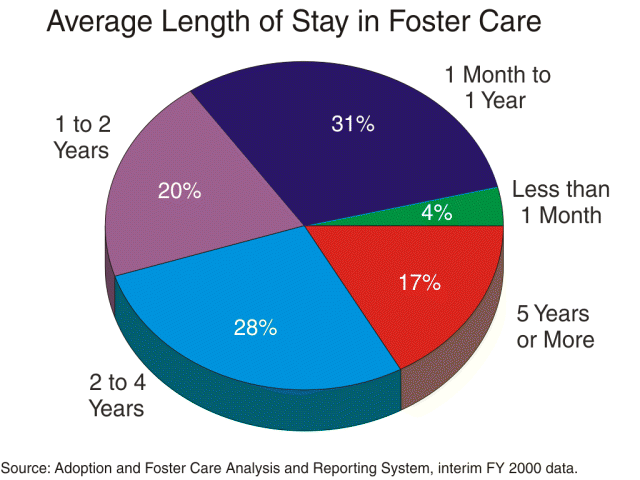 In the 1970s, Pauline Boss named the idea that ambiguous loss is different from the loss normally associated with death. When there is an ambiguous loss, there is no verification of death, yet there is no certainty that the person will come back or return to the way she or he used to be. Ambiguous losses have no clear boundaries and no clear ending. Often, there is no culturally or societally recognized ritual for grieving or even acknowledging what has been lost.
In the 1970s, Pauline Boss named the idea that ambiguous loss is different from the loss normally associated with death. When there is an ambiguous loss, there is no verification of death, yet there is no certainty that the person will come back or return to the way she or he used to be. Ambiguous losses have no clear boundaries and no clear ending. Often, there is no culturally or societally recognized ritual for grieving or even acknowledging what has been lost.
In her 2008 study, Gina Samuels found that the many ambiguous losses embedded in the foster care experience produced relational consequences. The loss of physical contact with parents and siblings, combined with multiple changes in placement and relationship disruptions, bring recurring ambiguities for young people. They cannot feel certain about what has happened to them, do not know who can be counted on for support, are unable to determine whether it is appropriate to move on, and have difficulty knowing where they belong. When they are adopted, the boundaries around the families they construct for themselves remain unclear.
Ambiguous loss is present in some way in all adoptions. The ambiguous losses experienced by adopted children are part of why focusing on attachment is so critical and so difficult. Many prospective parents worry about the difficulty they will face in forming a secure attachment with their adopted child. Many potential parents shy away from adoption because of this fear. I would encourage anyone concerned about attachment to consider adopting internationally, rather than from the foster care system.
Ambiguous loss tends to be less common in international adoption. Loss, yes, is truly present. Grief will be part of parenting. International adoptees lose contact with their original culture, extended relatives, language, and original parents. However, these losses are less ambiguous than a typical domestic or foster care adoption. While individual details will vary, international adoption concretely removes the child from their original culture, language and family.
The U.S. foster care system creates an opportunity for repeated ambiguous loss. As Samuel’s study shows, children in foster care are always exposed to a prolonged period of ambiguity. When a child is removed from his family the initial plan is reunification. This means the birth family has an opportunity to address the issues that led to the child’s removal, with the support of professionals. The hope is the family will be able to provide a safe home for the child, and the family can be reunified.
Typically, most parents will make enough progress that the child will be allowed to have visits with the biological family. While these visits are greatly needed and appreciated by both child and parent, they naturally increase the child’s anticipation of returning home to stay. But in order for a child in foster care to be placed for adoption, the parent must be found unable to meet the child’s needs, legally. After one year, the official plan will change from reunification to adoption. At this point, the birth family still has time to try to reunify with the child.
However, for many children at this same time, the child will be moved from the foster family they were originally placed with, to a family who is interested in adopting the child. So this child is now living with their third set of primary caregivers, while hoping that their birth parent will succeed and get them back. Recipe for attachment problems. If the parents still do not succeed in proving that they can provide a safe home for the child, at two years their parental rights are terminated. At this time, the adoptive foster parents can officially adopt the child living in their home. The entire transition to living with the adopted parents was full of ambiguity.
So compared to the process just described, typically children adopted internationally tend to have fewer ambiguous loss experiences than the typical child adopted from foster care. Because of this difference, I would encourage any family considering expanding their family through adoption but scared of attachment problems, consider international adoption. The decrease in complexity and ambiguity increases the likelihood that they will form a strong attachment with their adopting family. And MLJ Support Services are always there to help.
For more information about international adoption, please click here.
